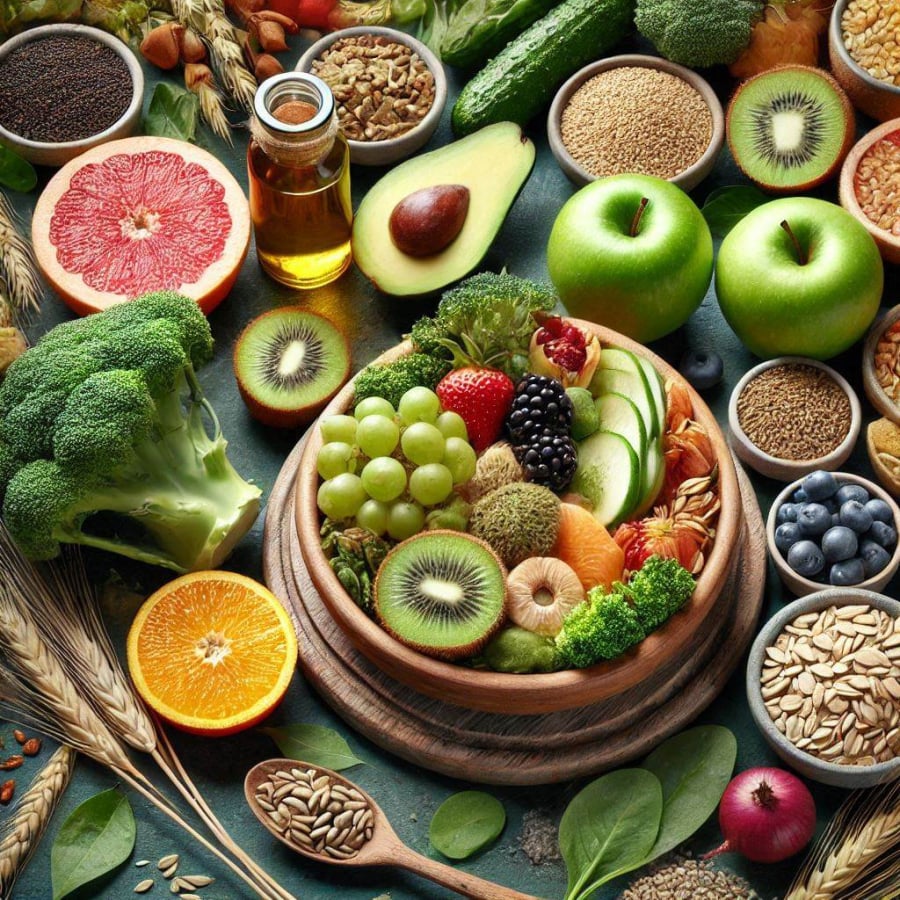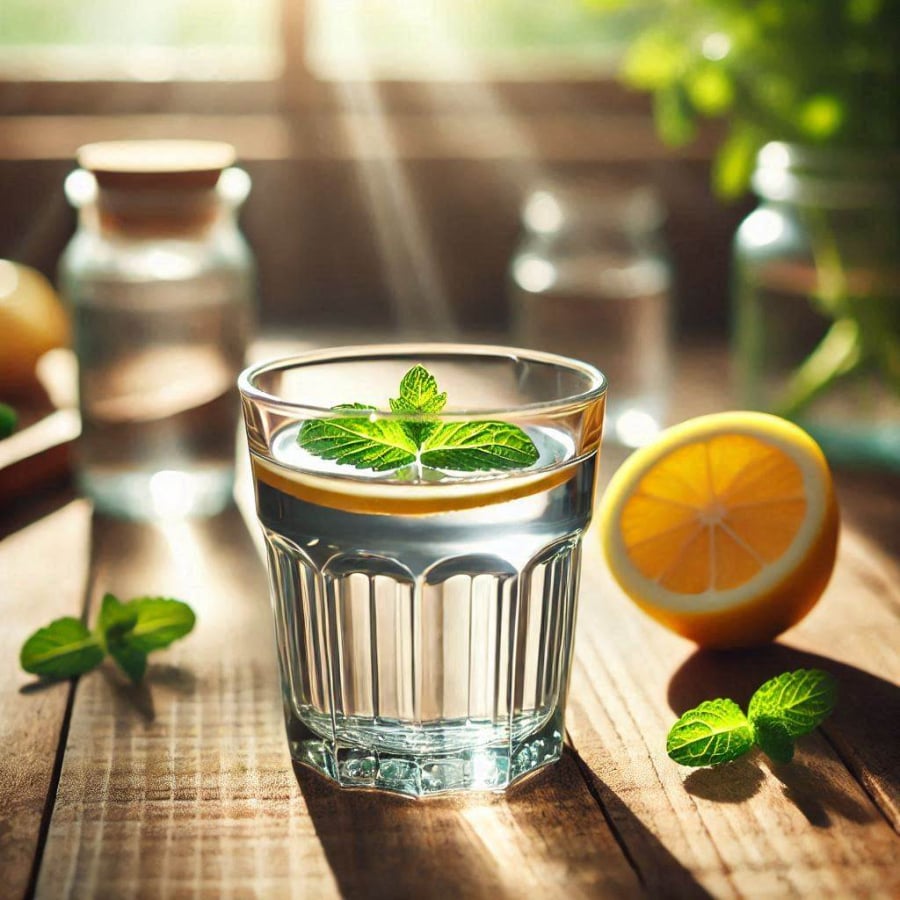Stroke occurs when a blood vessel in the brain is blocked or ruptures, leading to an interruption or reduction in blood supply to the brain. Without oxygen and nutrients, brain cells begin to die within just a few minutes, leaving severe disabilities or even causing death.
As temperatures drop, the body releases catecholamines, causing blood vessels in the extremities, such as the hands and feet, to constrict to preserve heat. This, in turn, increases blood pressure and the risk of cerebral hemorrhage. This weather-induced vasoconstriction also increases blood viscosity and encourages the production of red blood cells and platelets, which can promote the formation of blood clots. As a result, the likelihood of vascular occlusion, leading to cerebral infarction and stroke, is heightened.
According to Dr. Tran Thi Tra Phuong from the Department of Nutrition at Tam Anh Hanoi Polyclinic, a balanced and healthy diet can help lower blood pressure and reduce the risk of stroke. For those who have already suffered a stroke, a reasonable diet will support the recovery process and enhance brain function.
It is recommended to prioritize the intake of fiber from fresh fruits, green vegetables, and whole grains to reduce cholesterol, saturated fat, and sodium in the diet. These foods are also rich in vitamins, minerals, and antioxidants, which help protect cardiovascular health, lower blood pressure, and reduce the formation of blood clots. In addition, such a diet offers numerous other health benefits, including maintaining a healthy weight and balancing blood sugar levels, thereby reducing the risk of metabolic, cardiovascular, and cerebrovascular diseases.
Figure: 
Prioritize fiber intake from fresh fruits, green vegetables, and whole grains to reduce cholesterol, saturated fat, and sodium.
Prioritize healthy lean protein sources such as fresh fish, lean meat, poultry, milk, yogurt, low-fat cheese, eggs, and beans. These provide essential amino acids, improve cardiovascular health, aid digestion, and help maintain a healthy weight.
Improve cardiovascular health by incorporating omega-3 rich foods such as salmon, mackerel, sardines, herring, oysters, mussels, and flaxseeds into your diet. These foods can help increase good cholesterol levels, prevent blood clot formation, and lower blood pressure. It is recommended to consume fish at least twice a week in moderate amounts as advised by a doctor.
Don’t forget to stay hydrated by drinking about two liters of water daily to maintain vascular flexibility and efficiently transport nutrients to nourish the cells. Dehydration can cause the blood to thicken, impeding blood flow to the brain, leading to high blood pressure and an increased risk of stroke. However, it is important to note that excessive water intake, especially for those with cardiovascular and renal issues, should be avoided, as drinking water during a stroke event can cause choking.
Figure: 
Stay hydrated by drinking about two liters of water daily to maintain vascular flexibility and efficient transportation of nutrients.
Reduce the consumption of saturated fat and cholesterol-rich foods such as red meat, processed foods, or deep-fried dishes. This habit helps decrease cholesterol deposition in the arteries, reducing the risk of occlusion and vascular damage.
Cut down on sugar-laden foods to prevent obesity and maintain stable blood sugar levels. Excessive sugar intake can also increase the risk of heart disease and stroke. Limit sugary drinks, canned fruit juices, candies, jams, and avoid adding excessive sugar to fruit or vegetable juices and smoothies. Instead, opt for calcium and potassium-rich beverages like unsweetened or low-fat milk alternatives to help control blood pressure and prevent recurrent strokes.
Refrain from excessive alcohol or coffee consumption, as they can increase blood fat levels. Caffeine can cause stress and anxiety in stroke patients, affecting their sleep and slowing down their recovery process.
In addition to a healthy diet, Dr. Phuong advises maintaining regular physical activity, at least 30 minutes daily, to improve cardiovascular health and reduce the risk of stroke, especially during the cold season. Gentle exercises such as yoga, meditation, and breathing techniques are also effective in managing stress and stabilizing blood pressure. Don’t forget to undergo regular health check-ups and stroke screenings to detect any abnormalities early on and safeguard your health.
The Ancient’s Wisdom: ‘Avoid These 3 Directions for Your Kitchen, and 3 Places for Your Bed’
The ancient wisdom of our ancestors holds a treasure trove of knowledge, including the taboo directions for stoves and beds. Unlocking these secrets can bring harmony and prosperity to our homes and lives. Prepare to delve into a world of mystical directions and their profound impact on our daily lives.


































